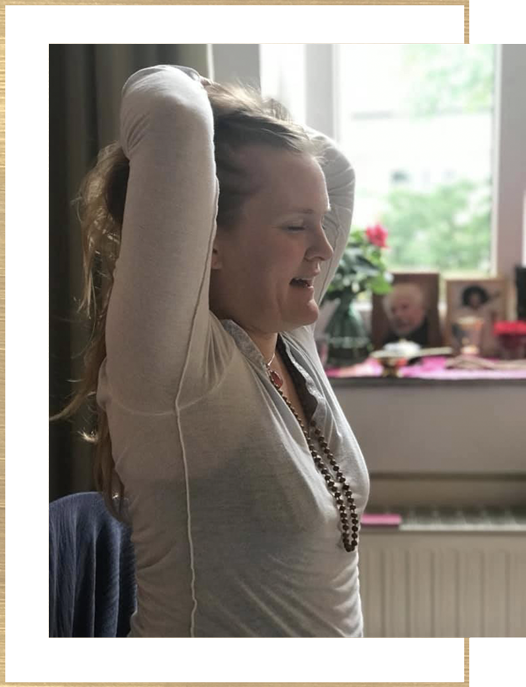Boundaries often get a bad rap. Some see them as barriers to intimacy, while others mistake them for ultimatums. But the truth is, boundaries are the unsung heroes of healthy relationships. They create the safety and structure that allow trust, respect, and emotional connection to thrive.
Let’s dive into why boundaries matter, debunk some common myths, and explore how to set them in a way that strengthens your relationships.
What Are Boundaries (and What Are They Not)?
Boundaries are not rules you impose on someone else. They are clear limits you set for yourself about what you will or won’t accept in a relationship. They’re not about controlling the other person’s behavior—they’re about protecting your emotional well-being.
For example:
- Ultimatum: “You better stop using your phone at the dinner table, or else!”
- Boundary: “I feel disconnected when phones are out during dinner, so I’ll step away if that happens.”
Boundaries focus on your needs and actions rather than demanding a change from others.
Why Boundaries Matter
- Safety Enables Connection
Boundaries create an environment where both partners feel secure. Feminine energy, in particular, thrives on safety—it allows you to open up and receive. Without boundaries, subconscious fears can hold you back from fully engaging in a relationship. - Respect Fosters Intimacy
When boundaries are respected, trust grows. Both partners can relax into their roles: masculine energy feels valued as a provider, and feminine energy feels safe to receive and amplify contributions. - Clarity Prevents Resentment
By expressing your boundaries, you prevent the frustration and resentment that arise from unmet expectations. Clear communication ensures everyone is on the same page.
Common Myths About Boundaries
Let’s clear up a few misconceptions:
Myth 1: Boundaries Push People Away
In reality, boundaries do the opposite. They create safety, which encourages deeper intimacy. When you know your limits will be respected, you’re more likely to open up emotionally.
Myth 2: Boundaries Are Punitive
Setting a boundary isn’t about punishing someone for their behavior. It’s about protecting yourself. For example, choosing to step away from a situation that makes you uncomfortable is an act of self-respect, not retaliation.
How to Set and Maintain Boundaries
Here’s a step-by-step guide to incorporating boundaries into your relationships:
- Identify Your Needs
Reflect on what makes you feel safe and respected. These preferences don’t need to be logical or explainable—they’re valid simply because they matter to you. - Communicate Clearly
Use calm, direct language to express your boundaries. For instance:- “I’m more comfortable when phones are put away during dinner.”
- “I feel safer when my back isn’t to the door in a restaurant.”
- Follow Through
Boundaries are only effective if they’re upheld. If your partner disregards a boundary, gently but firmly restate it:- “I mentioned before that I feel disconnected when phones are out during dinner. I’m going to step away for now.”
- Be Consistent but Flexible
Boundaries aren’t meant to be rigid walls. As relationships evolve, reassess and adjust them to reflect current needs and circumstances.
What If Boundaries Are Violated?
When boundaries are ignored or dismissed, it’s important to address the issue. If it happens once, restate your boundary calmly. If it happens repeatedly, it may signal deeper issues in the relationship that need addressing.
For example:
- Scenario: You’ve communicated that phones at the dinner table make you feel disconnected, yet your partner continues to scroll during meals.
- Response: Reiterate your boundary and follow through with your stated action: “I’m stepping away because I feel disconnected when the phone is out.”
Boundaries are about protecting your well-being, not controlling someone else’s behavior.
The Strategic Power of Boundaries
Boundaries don’t just prevent conflict—they can actively enhance intimacy. When you feel safe, you’re more open to receiving and amplifying what your partner contributes. This creates a virtuous cycle of connection and mutual growth.
Consider this: a small, thoughtful gesture like a partner locking the doors at night and confirming, “The house is secure; it’s time for bed,” can create profound emotional safety. Such actions build trust and deepen the bond between partners.
Real-World Example: Phones at the Dinner Table
Let’s break down a common situation:
Scenario: Your partner scrolls their phone during dinner, despite knowing you dislike it.
- If it feels disrespectful, set a boundary: “I feel disconnected when phones are out during dinner, so I’ll step away if it happens.”
- If it feels trivial but still bothers you, consider the long-term benefit: responding warmly to a small effort can encourage bigger gestures later.
The key is recognizing whether the situation feels disrespectful or merely imperfect. Use that insight to decide whether to enforce a boundary or let it slide for strategic reasons.
Boundaries for Feminine Energy
Feminine energy thrives on feeling secure and respected. When boundaries are clear and upheld, it creates a safe space for the feminine to receive and amplify contributions. This dynamic fosters a cycle of giving, receiving, and transformation.
If boundaries are repeatedly crossed, it can lead to emotional shutdown. To prevent this, clearly communicate your limits and stick to them.
Final Thoughts
Boundaries are not barriers—they are bridges to deeper connection. They ensure safety, foster respect, and create the conditions for intimacy to flourish.
By identifying your needs, communicating clearly, and upholding your boundaries, you empower yourself and your relationships. When both partners feel safe and valued, the relationship becomes a space of mutual growth and fulfillment.
Boundaries aren’t just about saying “no.” They’re about creating a life where your “yes” has meaning and impact.


